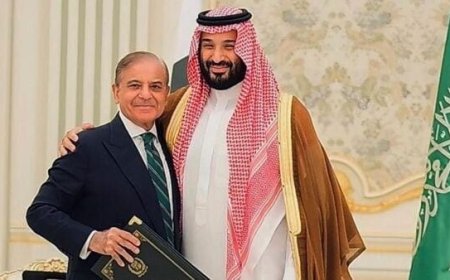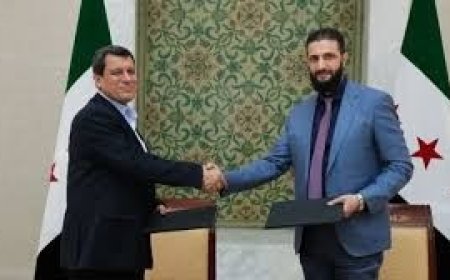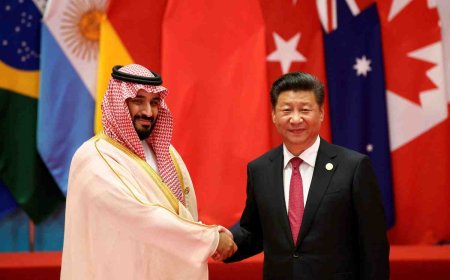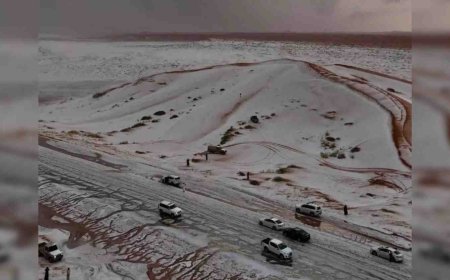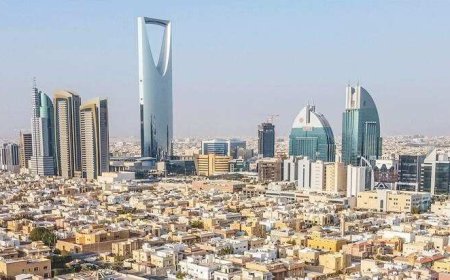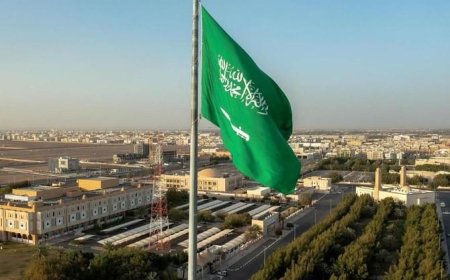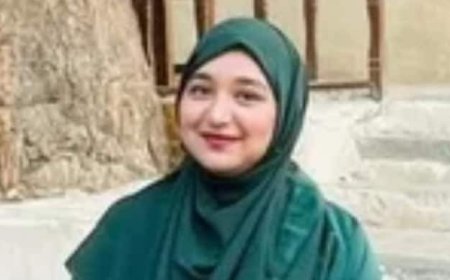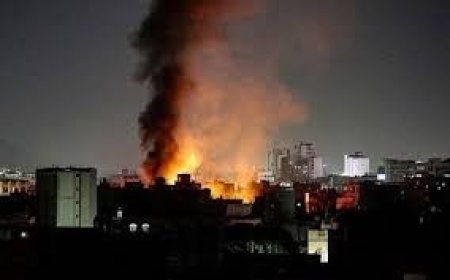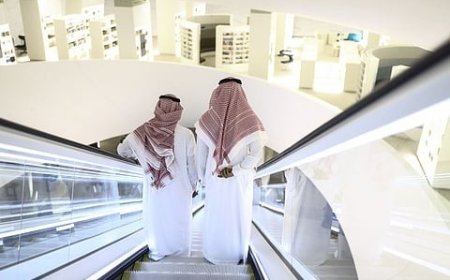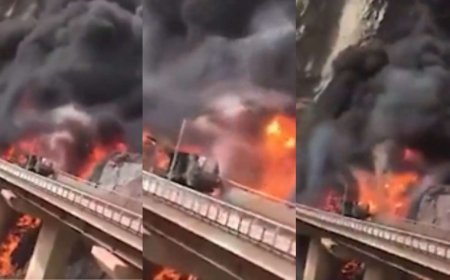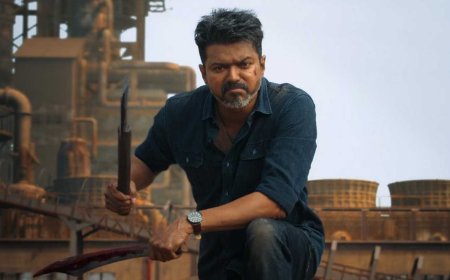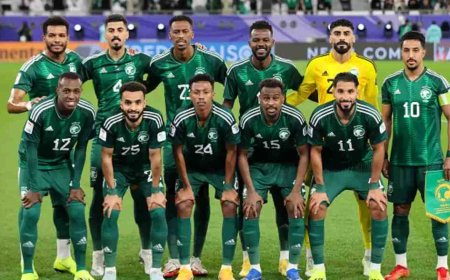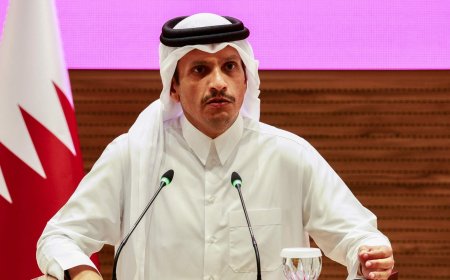Hope Returns as Israel-Hamas Truce Holds and Hostage-Prisoner Exchange Begins; Trump Declares ‘War Is Over'
A Israel-Hamas truce holds as a hostage-prisoner exchange begins, overseen by the Red Cross. Follow live updates on the ceasefire, Trump's peace summit, and the challenges ahead for Gaza.
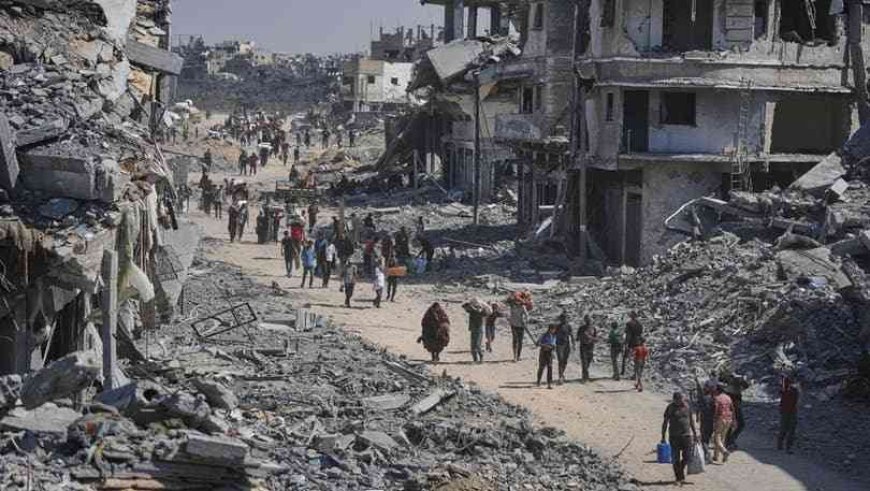
Israel-Hamas Truce Holds as Hostage-Prisoner Exchange Begins, Trump Declares "War Is Over"
A fragile truce between Israel and Hamas is holding as a complex, multi-day operation to exchange captives and prisoners is now underway. The delicate process, facilitated by the International Committee of the Red Cross (ICRC), aims to secure the release of dozens of Israeli hostages in return for hundreds of Palestinian prisoners, marking a significant de-escalation in the conflict.
The breakthrough comes as former US President Donald Trump, who is en route to the region, declared that the "war is over." His visit underscores his reported involvement in brokering the ceasefire and is set to include a high-profile peace summit in Egypt aimed at solidifying the agreement.
The Mechanics of the Hostage and Prisoner Exchange
The agreed-upon ceasefire terms outline a structured exchange. Hamas is expected to release approximately 20 living Israeli hostages and return the remains of 28 others. In return, Israel has committed to freeing nearly 2,000 Palestinian detainees—a group that includes both convicted individuals and those held under administrative detention without charge.
The ICRC is playing a central role in this humanitarian corridor. Its "multi-phase operation" involves receiving the released hostages from Hamas in Gaza and facilitating their transfer to Israeli authorities. From there, individuals will be reunited with their families or directed to necessary medical care. The ICRC will also oversee the respectful return and identification of deceased captives.
According to some reports, Hamas had gathered the living hostages in preparation for the handover. There were also suggestions that an accelerated release of hostages was possible if Israel agreed to include certain high-profile prisoners in the initial exchange groups.
Trump's Diplomatic Push and the Road to a Lasting Peace
Donald Trump's arrival in the Middle East signals a significant political dimension to the truce. He has framed the ceasefire as a cornerstone of his broader peace plan for Gaza, which reportedly involves an Israeli withdrawal from key areas, a major surge in humanitarian aid, and a restructuring of governance within the enclave.
A summit in Sharm El Sheikh, Egypt, will bring together various diplomatic leaders to formalize the truce and build frameworks for a more durable peace. However, critical long-term issues remain entirely unresolved. These include the disarmament of Hamas, the future political leadership of Gaza, security guarantees for Israel, and the mechanisms to prevent a future collapse of the ceasefire.
Ground-Level Realities and Enduring Challenges
The first tangible results of the deal are now visible, with an initial group of seven Israeli hostages having been transferred to the ICRC. The moment has been met with profound relief and celebration by their families in Israel. In Gaza, Palestinians are watching with cautious hope, awaiting the return of their loved ones from Israeli prisons.
Despite the progress, the human cost of the conflict remains immense. Many of the released hostages are expected to face long-term physical and psychological trauma, requiring extensive recovery support. Tragically, dozens of captives are still unaccounted for, with some presumed dead.
For Palestinians returning to Gaza, they face the colossal task of rebuilding amidst widespread infrastructure destruction and severe shortages of basic essentials like water, food, and medical supplies.
The Critical Path Forward
The success of this truce hangs in the balance over the coming days. Key questions remain: Will Hamas follow through on the release of all agreed-upon captives? Will Israel complete the reciprocal release of nearly 2,000 prisoners? And most critically, can the ceasefire withstand potential spoilers or isolated incidents of violence?
The diplomatic summit in Egypt represents the best chance for leaders to lock in guarantees and initiate plans for Gaza's reconstruction. Yet, the path to a stable and lasting peace is fraught with logistical hurdles, deep-seated distrust, and the raw wounds of a prolonged and devastating conflict.
What's Your Reaction?








